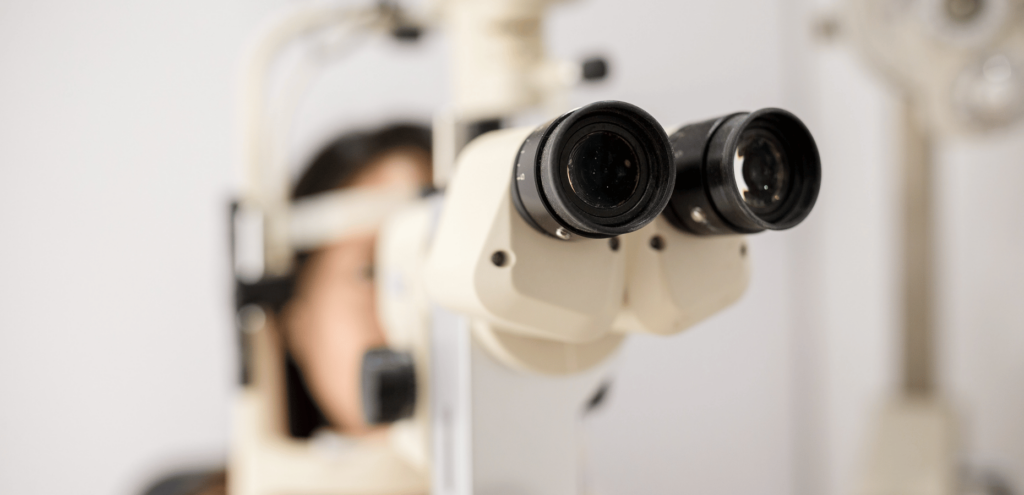The Importance of Regular Eye Examinations: A Comprehensive Guide
Main Hospitals or larger hospital systems may provide their own ambulance service as a service to the community, or where ambulance
care is unreliable or chargeable. Many hospital-based EMS departments operate solely with their hospital
Why Regular Eye Examinations Are Essential
Early Detection of Eye Diseases Many eye conditions, such as glaucoma, macular degeneration, and diabetic retinopathy, can develop without noticeable symptoms in the early stages. Regular eye exams can detect these issues before they cause significant damage, allowing for timely treatment.
Updating Prescription Lenses Vision can change over time, and an outdated prescription can lead to discomfort, headaches, and even accidents. Regular check-ups ensure your prescription is up-to-date, providing you with the best possible vision correction.
Overall Health Monitoring Eye exams can reveal signs of systemic diseases such as diabetes, hypertension, and high cholesterol. The eyes can act as windows to your overall health, helping to detect these conditions early.

How Often Should You Get an Eye Examination?
The frequency of eye exams depends on age, health, and risk factors:
- Children: First exam at 6 months, then at 3 years, before starting school, and every 2 years thereafter.
- Adults (18-60 years): Every 2 years, or more frequently if you have risk factors like diabetes, high blood pressure, or a family history of eye diseases.
- Seniors (60+ years): Annually, as the risk of eye conditions increases with age.
Conclusion
Regular eye examinations are a key component of maintaining good vision and overall health. They allow for the early detection and treatment of eye diseases, ensure your prescription is accurate, and can even reveal signs of other health conditions. Don’t wait for symptoms to appear—schedule your next eye exam today and take proactive steps to protect your vision.

